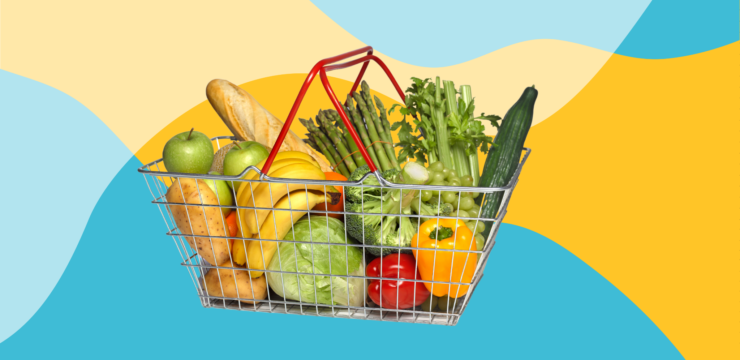When standing in the grocery aisle, you might find yourself pausing at the price tag on organic foods. Are they really worth the extra cost? Let’s take a closer look at what you’re paying for when you choose organic and whether it’s a smart investment for your health, the planet, and your wallet.
What Does “Organic” Actually Mean?
- Certified Organic: Foods labeled USDA Organic meet strict guidelines regarding how they are grown, processed, and handled.
- No Synthetic Pesticides or GMOs: Organic farming avoids most synthetic chemicals and prohibits genetically modified organisms.
- Animal Welfare: Organic meat and dairy come from animals raised without routine antibiotics or hormones and given access to the outdoors.
The Health Factor
- Fewer Chemicals: Organic produce tends to have lower pesticide residues.
- More Nutrients? Some studies suggest organic foods may have slightly higher antioxidant levels, but the difference is often small.
- Antibiotic Resistance: Choosing organic animal products can help reduce the spread of antibiotic-resistant bacteria.
The Environmental Impact
- Sustainable Farming: Organic agriculture supports soil health, reduces pollution, and uses less energy.
- Biodiversity: Organic farms often maintain more diverse ecosystems, benefiting pollinators and wildlife.
The Cost Breakdown
- Why It Costs More: Organic farming is more labor-intensive, certification is costly, and yields can be lower than conventional farming.
- Where to Save: Focus your organic purchases on the most pesticide-prone items (like strawberries, spinach, and apples) while buying conventional for items with thick peels (like avocados and bananas).
When Organic Is Worth It
- For Kids: Reducing pesticide exposure during development can be especially important.
- For Certain Products: Organic dairy, meat, and high-residue produce often deliver more value for the cost.
- For Personal Values: If animal welfare and environmental sustainability matter to you, going organic aligns with those values.
When It Might Not Be Necessary
- Tight Budget: Organic isn’t always feasible for every family or meal. Prioritize what matters most to you.
- Local Over Organic: Sometimes local, in-season produce (even if not certified organic) can be just as fresh and nutritious.





